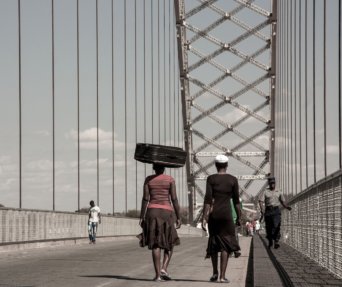- About
- Topics
- Picks
- Audio
- Story
- In-Depth
- Opinion
- News
- Donate
- Signup for our newsletterOur Editors' Best Picks.Send
Read, Debate: Engage.
| topic: | Good Governance |
|---|---|
| located: | Zimbabwe, USA |
| editor: | Bob Koigi |
The recent extension of sanctions by Trump's administration on Zimbabwe for what the White House deemed undermining of Zimbabwe’s democratic processes and institutions by President Emmerson Mnangagwa's government is a welcome move and serves to send a clear message to the officials in the Southern African country – who continue to silence critics and rule with an iron fist – that it can no longer be business as usual.
Indeed over the past year, the Mnangagwa regime has meted untold suffering to citizens, persecuting and abducting dissidents and journalists, perpetuating extrajudicial killings and economic mismanagement that have threatened to take the country back to the dark days of former ruler Robert Mugabe.
More than two years since the country went to elections teeming with hope and optimism for a stable and promising future, that has only remained a dream.
As the White House noted, Zimbabwe has had ample opportunity to implement reforms that could set the country on a constructive path and stabilise the southern African region. The sanctions on key individuals in Mnangagwa’s administration are therefore a first and crucial step in holding that government into account and making it live up to the promise it made to its people. However, sanctions alone do little to correct the ills that bedevil the country. What the United States and the International Community need to do is push for a stronger and protected civil society that will hold the government to account and ensure that citizens, who are the biggest casualties of the sanctions, get the services they need.
Only when the rights of journalists, human rights defenders, NGOs and lawyers are protected, will the people of Zimbabwe enjoy the social, economic and political rights they so truly deserve.

